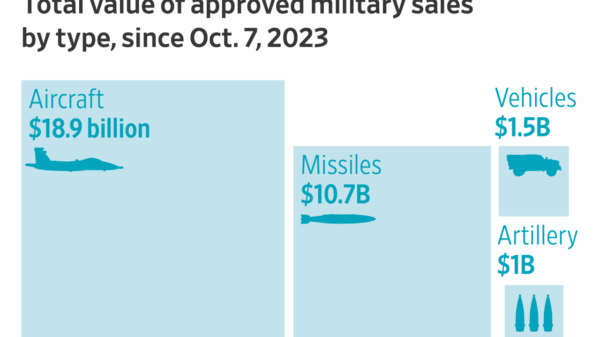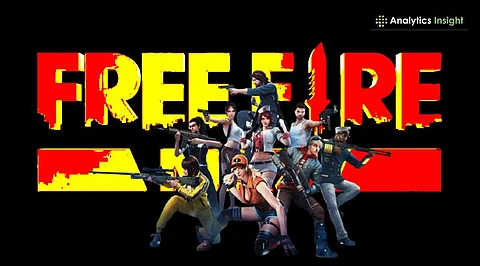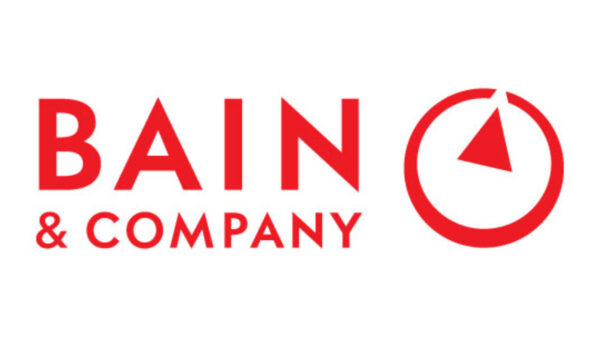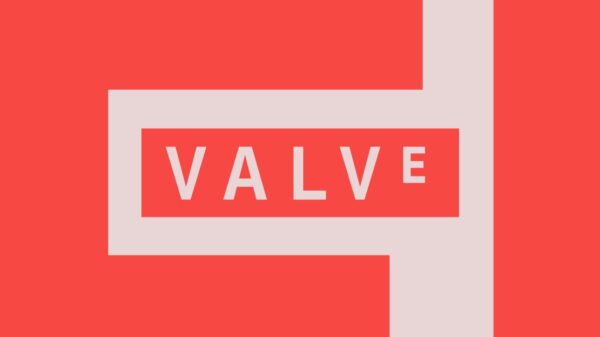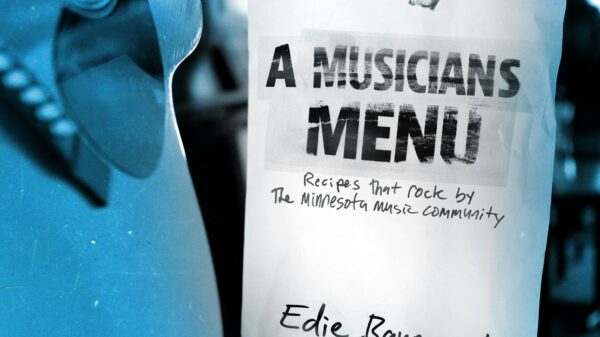UPDATE: In a shocking revelation, Sir Tim Berners-Lee, the inventor of the World Wide Web, warns that artificial intelligence (AI) could dismantle the internet’s advertising revenue model. Speaking at the Reuters NEXT conference in New York earlier today, Berners-Lee highlighted the growing threat posed by AI tools like ChatGPT, which could bypass traditional websites and cut off crucial traffic necessary for ad income.
This dire warning comes as AI chatbots increasingly serve as intermediaries, summarizing content without directing users to original sources. Berners-Lee stated, “If AI agents consume web data directly, the whole ad-based business model of the web starts to fall apart,” emphasizing the urgent need for reform.
The financial stakes are enormous. The Interactive Advertising Bureau estimates that digital advertising generated $398 billion in 2024, but with the rise of AI, human visits to websites could plummet. Notably, the Financial Times reported that this shift threatens multibillion-dollar revenues for industry giants like Google and Meta.
Berners-Lee’s alarm reflects a significant change in user behavior. Instead of visiting websites for information, many now rely on AI for quick answers. The Financial Times echoed this concern, suggesting that AI could irreparably harm the ad model, resulting in a “total slop implosion” of traditional revenue streams.
Despite his concerns, Berners-Lee is not without hope. Through his startup, Inrupt, he advocates for user-controlled data via “pods,” aiming to create a web where individuals own their information. “I think the web will evolve,” he remarked in an interview with The Verge, highlighting AI’s potential to enhance data structures and user control.
The tech community is buzzing with reactions. Analysts warn that failure to adapt could lead to an economic collapse of the ad-driven model. Discussions on social media reflect a growing consensus about the absurdity of AI-generated content undermining traditional interactions between users and websites.
Emerging AI-first browsers from companies like The Browser Company and Perplexity further complicate the landscape. These tools can retrieve data that traditional scrapers cannot, enabling AI to bypass advertising altogether. This alarming trend aligns with Berners-Lee’s characterization of AI as a “crowbar” disrupting the internet’s ad ecosystem.
Looking to the future, Berners-Lee calls for innovative solutions to prevent collapse. He emphasizes the need for industry leaders to explore alternative monetization methods, such as subscription models or micropayments. He argues that AI could offer users cleaner experiences, though this comes at the expense of content creators’ revenues.
Internationally, regulators are also taking note. In Europe and beyond, there is a growing concern over AI’s impact on digital economies. Berners-Lee’s prediction has been characterized as “brutal” by commentators, with experts warning that AI models like Gemini could decimate the ad economy.
As the situation develops, the urgency for reform becomes increasingly apparent. Berners-Lee’s cautionary words resonate as a call to action for industry leaders: adapt or risk the collapse of the very business model that has sustained the internet since its inception. The future of the web hangs in the balance as stakeholders must navigate the evolving landscape shaped by AI.








